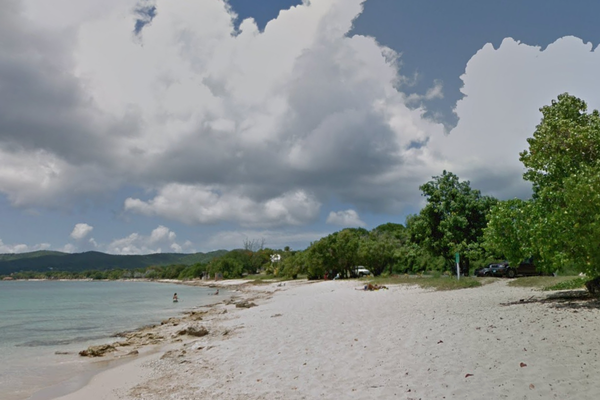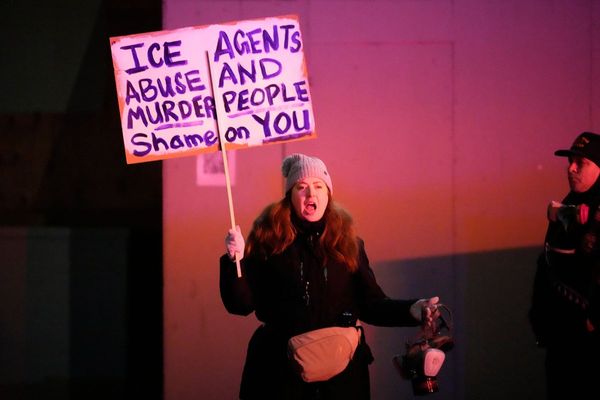
This year alone, 19 women have been killed in Australia, according to the Australian Femicide Watch. The majority of those women, just like the 74 women murdered in 2023, were allegedly killed by someone known to them.
Fifty years ago a group of Sydney feminists broke into two adjoining vacant houses on the Glebe Estate in Sydney, “Elsie” and “Minnie”, to establish Australia’s very first domestic violence refuge.
That day, without knowing it, the group – led by Dr Anne Summers AO – started a movement that would put the issue of men’s violence against women on the map, one that demanded a response. Inevitably, big anniversaries prompt deep reflection: how far have we come, and how far do we have yet to go. Women are still dying.
Last year, the Albanese government launched the second National Plan to End Violence Against Women after the first 10-year plan, arguably, failed. Rates of domestic violence remained stable over the life of the plan and rates of sexual violence increased. The social services minister, Amanda Rishworth, promised we would end violence against women “within a generation”. Really? How? Many, myself included, wondered whether we could dare to hope that this was possible.
My work as a journalist is very much focused on women’s safety. And, as such, I am often trusted by those with expertise and lived experience. They call me regularly to tell me what’s on their mind; I take the trust they place in me to convey the reality of what is happening on the frontline of this crisis seriously. With that context, I can’t tell you how many times in the past year experts in the sector – and survivor advocates – have called me despairing, many in tears.
Was Australia becoming desensitised to the violence? Would our political leaders back the ambitious promise in the new national plan to see generational change with the resources necessary to make that a reality? Would the newly created domestic and family violence commission tasked with measuring the success of the new plan – and holding the government to account for its delivery – be able to speak truth to power?
At the recent conference to mark Elsie’s anniversary, I sensed hope for the first time in a long time. It was powerful to see those who work on the frontline, a broad and diverse group, come together to reflect and celebrate the persistence and resilience of those who do the hard work of keeping women and children safe. They were under no illusions about “the monster” they were confronting, as Summers put it in her opening address. “The murder rate is accelerating at a rate we have not seen for decades,” she said. “I hope we can understand more about the monster we are confronting, and I hope this will lead us to rethink our approach”.
It is a clarion call to go forward with the feminist principles and values that marked the “Elsie Mothers’” actions all those years ago. They didn’t wait for permission. They did what needed to be done.
Over the decades, so-called reforms have been aimed at denuding the sector of its feminist underpinnings. Competitive tendering has led to a Hunger Games-like fight for funding – and survival. Necessary conversations have been had – and are still being had – about power, intersectionality and self-determination. We have grown our understanding of how violence manifests, including through coercive control. What’s more, we are learning how to confront the harms of emerging forms of abuse, such as tech facilitated abuse.
One young woman who works in an advocacy role at Full Stop Australia told me that while those in the sector talk about – and guard against – vicarious trauma, a survivor recently reminded her that there is also “vicarious resilience” in the work.
When I talk about hope, I often quote Rebecca Solnit who once wrote, “Hope is not a lottery ticket you can sit on the sofa and clutch, feeling lucky. It is an axe you break down doors with in an emergency.” I love this framing of hope as something active, something that spurs us to act. At Elsie, I could see the collective forging of an axe to break down the doors that lie between women and children and their safety. Strength to their arm.
• Kristine Ziwica is a regular contributor. She tweets @KZiwica
• In Australia, the crisis support service Lifeline is on 13 11 14 and the national family violence counselling service is on 1800 737 732. In the UK, Samaritans can be contacted on freephone 116 123 and the domestic abuse helpline is 0808 2000 247. In the US, the suicide prevention lifeline is 988 and the domestic violence hotline is 1-800-799-SAFE (7233). Other international helplines can be found via www.befrienders.org







